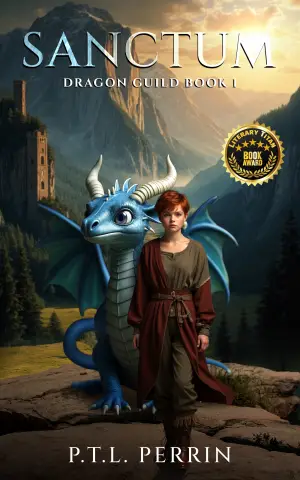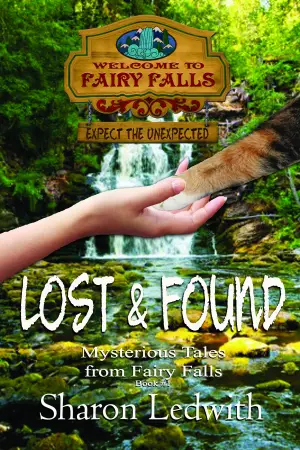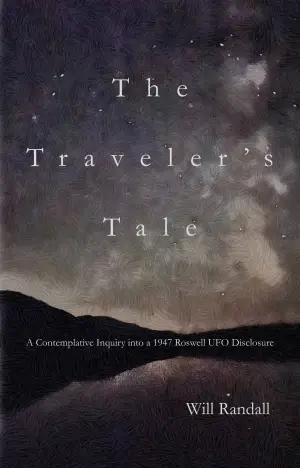A Reflective Dive into Dustborn by Erin Bowman: A Mix of Hope and Disappointment
Erin Bowman has a unique talent for pulling readers into thrilling worlds, and as an avid fan of her previous works, I couldn’t help but have sky-high expectations for Dustborn. The premise—a desolate, gritty landscape intersecting with themes of survival, loss, and identity—had me enchanted from the start. However, despite the promising setup, my excitement transformed into a complex range of emotions as I navigated the pages of this standalone tale.
At the heart of Dustborn is Delta—a protagonist stocked with promising traits: she’s pragmatic, unapologetically grouchy, and possesses an overwhelming maternal instinct. In theory, she should have been a character I could rally behind. Yet, despite her potential, I found it difficult to emotionally invest. There’s something about standalone novels; while they can be exhilaratingly concise, I often feel they don’t allow for the depth necessary to form a genuine connection with characters. In this case, I couldn’t shake the feeling that Dustborn would have benefited immensely from a more elaborate exploration of its world and characters, potentially stretching into a duology.
The pacing in the first half felt sluggish, with numerous events failing to create the rising tension I craved. Even as the second half exploded into action, I found myself indifferent to the stakes—nothing struck a chord with me save for a few notable side characters like Bay and Rune. I’ll admit, I was emotionally battered by a particular scene involving Rune, causing me to knock off a star just for the unfairness of it all.
The romance, which often adds warmth to a story, felt lackluster. The unexpected twist towards the end was intriguing and a refreshing jolt that reminded me of Bowman’s storytelling prowess, but it ultimately wasn’t enough to rescue the narrative. The ending left me feeling anti-climactic—a dissonant note after all the buildup, and I couldn’t help but wonder how much more these characters could have flourished if given the space to breathe.
On a positive note, I appreciated the book’s representation: BIPOC and queer side characters, as well as characters with disabilities. This inclusion felt authentic and was a refreshing breath of fresh air in the genre, though I wished the emotional connections had been deeper.
As a book blogger, I feel a responsibility to offer you the clearest path through your reading choices. While I’m excited to read more from Erin Bowman, I think Dustborn falls short as a starting point for newcomers. If you’re looking to dive into Bowman’s work, I’d recommend beginning with Contagion or Vengeance Road, where her storytelling truly shines.
In conclusion, Dustborn has a wealth of potential but ultimately felt fragmented for me. I believe there’s an audience that might appreciate its themes, especially readers who love standalone narratives and can overlook its pacing and connectivity issues. For me, the experience was bittersweet—a mix of fierce admiration for the author’s skill and disappointment over lost potential, leaving me yearning for what could have been.






